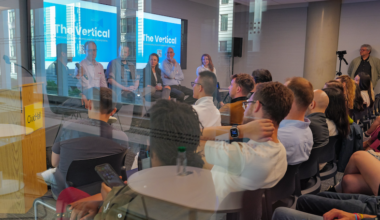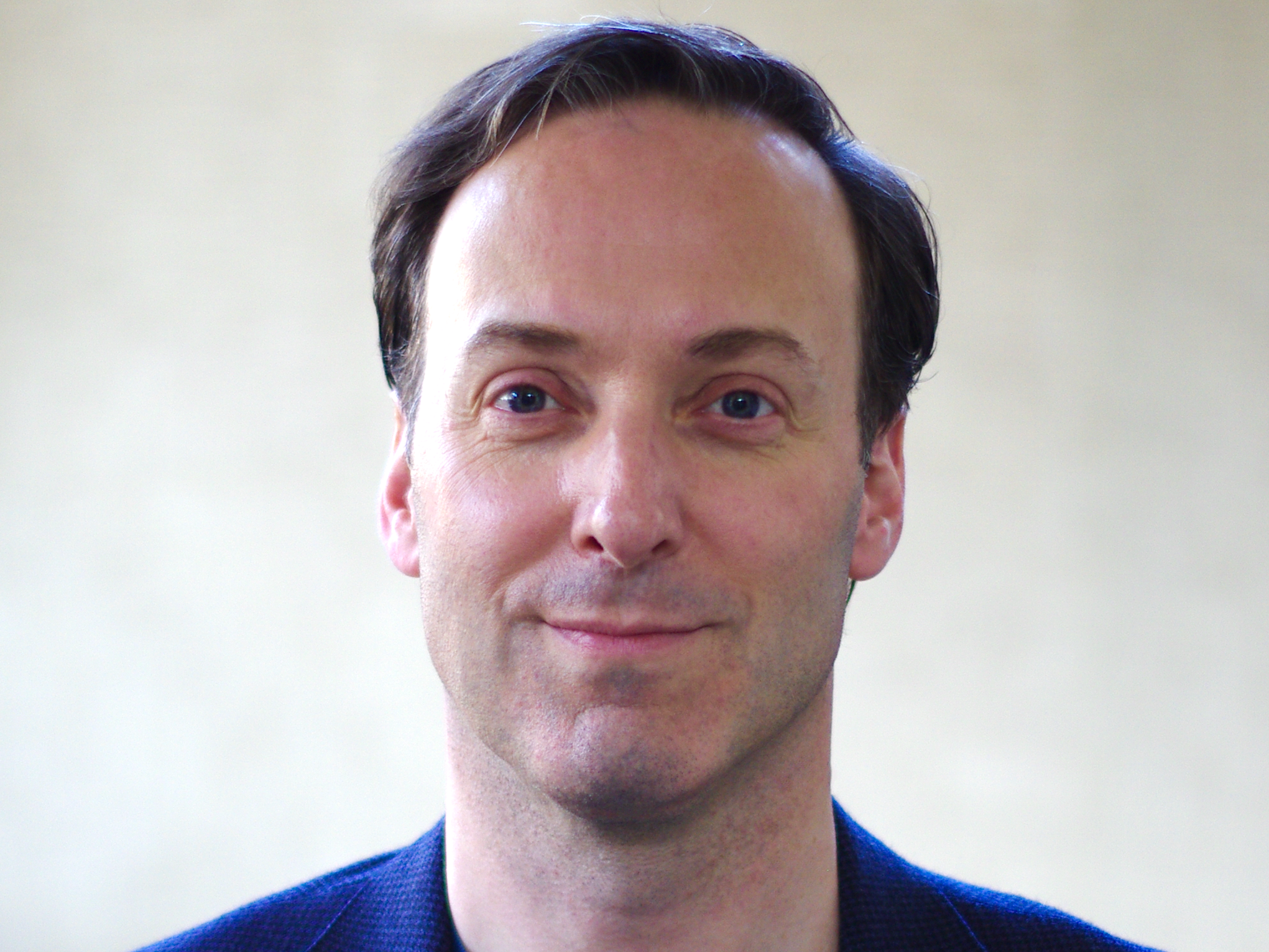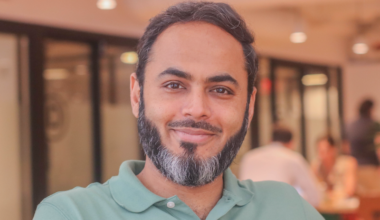Burnout can sometimes give rise to great ideas and innovations. Take the wellness app Welltory, for example.
Working at a large global accelerator, the startup’s founders saw many companies collapsing because entrepreneurs couldn’t handle the stress and pressure. So, they started looking for the precise biomarkers that could predict such breakdowns in professional performance.
Heartbeat tech for astronauts and athletes
Welltory’s founders learned about heart rate variability (HRV), a shift in timing between heartbeats that indicates health issues, including anxiety and depression.
At the time, most doctors didn’t consider it a reliable biomarker, although HRV had been used to monitor athletes and astronauts.
“A team of healthcare professionals was needed to analyze and interpret HRV data,” said Jane Smorodnikova, Welltory’s co-founder and CEO. “That’s why it was inaccessible to people.”
Welltory’s founders decided to democratize premium technology. Towards that goal they began to collaborate with Professor Roman Baevsky, a consultant at NASA and the Mars 500 project who applied HRV to the space program in the 1960s.
Baevsky believed that HRV could become the foundation of preventative health. Unfortunately, he didn’t live to realize his dream, passing away in 2020, a couple of years after donating his research to Welltory.
Investor bias and the dark side of healthcare
Welltory founders knew that one day wearables would be able to measure HRV. “The trajectory of technological development was going in that direction, and that’s what we bet on,” Smorodnikova said.
They started analyzing HRV using a smartphone camera and were determined to learn how to interpret it. But when Welltory went looking for funding, Silicon Valley VC funds declined to invest in the technology.
Investors didn’t believe in a HealthTech product that wasn’t B2B.
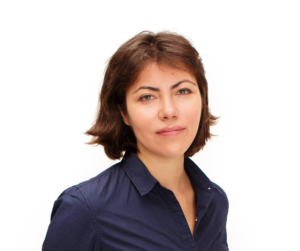
“If your revenue is coming from insurance companies, you depend on them,” Smorodnikova said. “We wanted to create consumer-focused preventative health technology.”
Most doctors also dismissed the app’s variability and declined to endorse it.
Not finding any interest, Welltory founders left Silicon Valley. They had around $1 million raised from business angels, which was just enough to live the modest life of digital nomads.
“I stayed on an island in Asia,” Smorodnikova said. “We proved that variability is a reliable biomarker. People pay for our app, and we don’t have to depend on big healthcare companies.”
In 2017 and 2020, the startup secured additional funding rounds bringing its total VC investment to $9 million. Smorodnikova said Welltory is looking to reach 20 million users in the next few years.
Other companies, such as Oura and Whoop also use HRV as a biomarker. Top wearables, such as Apple Watch and Garmin, have learned to measure it. And over 50 scientific papers focus on variability, according to Smorodnikova.
How to grow from scratch
Creative ads, user onboarding, and high retention rates were the main drivers of the app’s growth, said Smorodnikova.
“We have an in-house advertising team,” she said. “The app’s conversion rates are high because we provide users with insights that make them think: ‘Yes, this app understands me.’”
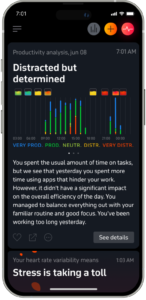
Welltory’s growth is organic, through keyword optimization and word of mouth. The boom in wearables also had an impact on the app’s development.
Customer reviews, too, are driving new users. With Welltory, poker players measure the impact of stress on their game. Cancer patients track mental state during chemotherapy, and people with hypochondria make sure that there’s nothing to worry about.
The pandemic also influenced the app’s growth. “We studied the correlation between HRV and COVID-19,” Smorodnikova said. The startup’s findings led to research published by major universities.
Only founders from Google
With solid revenue and traction, Welltory has overcome the bias that a successful B2C HealthTech is impossible. Smorodnikova is now back in fundraising mode.
But a different kind of bias is on the agenda.
“Many VC funds are B2B specific or invest in founders from Google and other BigTech, with a Stanford education, although there’s no data proving they are more successful,” Smorodnikova said.
Others prefer to stay away from remote teams and only look at startups with offices in Boston or San Francisco. Ethics is another issue: Welltory is looking for VCs who won’t be interested in selling user data.
Risks and opportunities
With more startups integrating AI with AppleHealth, competition is growing. However, Smorodnikova believes that proprietary algorithms that make sense of data are Welltory’s biggest advantage.
“We spent 7 years learning to turn user data into quality feedback,” she said. “Most apps that track HRV can’t provide reliable feedback and inform users about their stress levels or health issues that they need to address.”
Welltory uses AI to provide personalized biometric sleep stories. Recently, together with synthetic voice cloning company ElevenLabs, the app has created a branded AI voice.
Next year, under the mentorship of Bill Glifford, co-author of the worldwide bestseller “Outlive,” Welltory’s developers will focus on longevity.
“Organ printing and other advanced technologies will have the greatest impact on our survival in the long term,” Smorodnikova said. “However, the quality of our lives depends on the small decisions we make every day.”


